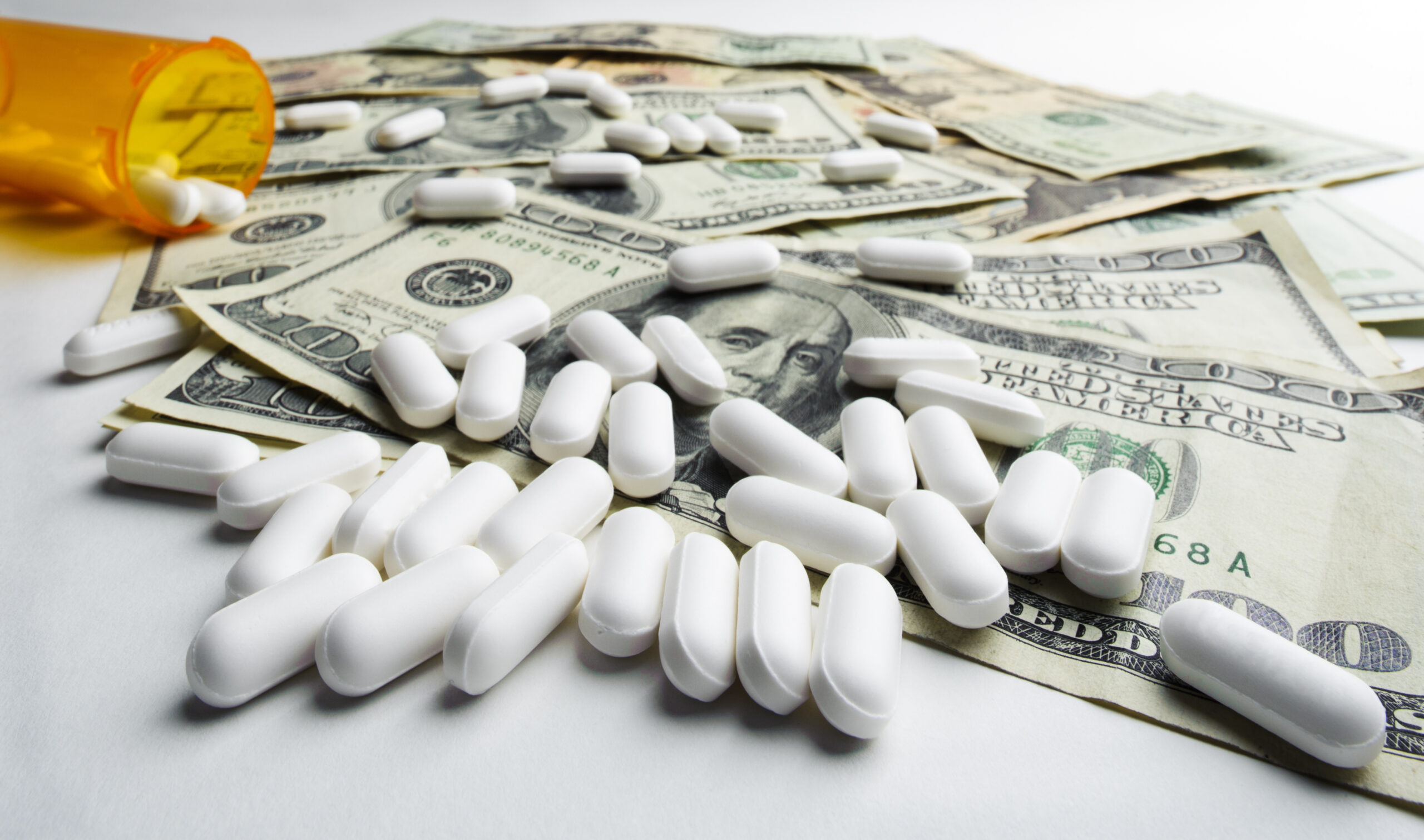© 2024 CSRXP- All Rights Reserved

CSRxP Welcomes Senate Scrutiny Of Big Pharma’s Patent Abuse
May 6, 2019
Encourages Judiciary Committee To Hold Drug Makers Accountable, Seek Solutions To Spur Competition
Washington, D.C. – The Campaign for Sustainable Rx Pricing (CSRxP) today released a statement ahead of a Tuesday U.S. Senate Committee on the Judiciary hearing on the topic of prescription drug patents.
“Big Pharma has gamed the patent system to crowd out competition, maintain monopolies and hike prices of prescription drugs, costing American patients and taxpayers,” said CSRxP executive director Lauren Aronson. “We applaud the leaders of the Senate Judiciary Committee for focusing attention on Big Pharma’s patent abuse and encourage members of the committee to hold drug makers accountable for the industry’s anti-competitive practices.”
A series of studies conducted by the Initiative for Medicines, Access, and Knowledge (I-MAK) found over 125 patent applications were filed and 71 were granted per drug on the top 12 grossing prescription drugs in America. These patent applications aimed to block generic competitors from entering the market by an average of 38 years, nearly double the 20-year period of exclusivity intended under U.S. patent laws.
I-MAK also found:
- 74 percent of prescription drugs associated with “new patents” in the Food and Drug Administration’s (FDA) records were not new drugs coming on the market, but rather existing drugs. (CNBC, 6/27/18)
- The price of Humira, the world’s top drug by sales, has been increased by nearly 100 percent since 2012, from $19,000 to $38,000. AbbVie, the manufacturer of Humira, has filed 247 patent applications in an effort to delay generic competition in the U.S. for 39 years. (The New York Times, 1/6/18 & I-MAK, 9/18/18)
- Sanofi, the maker of insulin drug Lantus, has filed 74 patent applications since coming to market in 2000. These patents aim to extend Sanofi’s market exclusivity by 37 years. The number of patent applications filed by Sanofi on Lantus in the U.S. is one and half times the number filed in the European patent office and three times the number filed in the Japanese office. (I-MAK, 11/1/18)
- Autoimmune drug Enbrel’s primary patent ended in 2010, but 57 patent applications have extended its market exclusivity to 2029. Amgen’s patent practices and price hikes have led to a 129 percent increase in total Medicare and Medicaid spending on the company’s drugs between 2012 and 2016. (I-MAK, 12/3/18)
Several bills have already been introduced in the 116th Congress taking aim at Big Pharma’s patent abuse, including the Reforming Evergreening and Manipulation that Extends Drug Years (REMEDY) Act.
“We encourage lawmakers to advance market-based solutions like the REMEDY Act, and others, that will crack down on Big Pharma’s gaming of the patent system, increase competition in the market and lower prescription drug prices for struggling American patients,” Aronson said.
###
